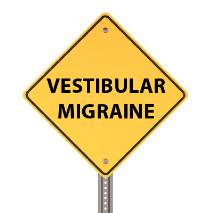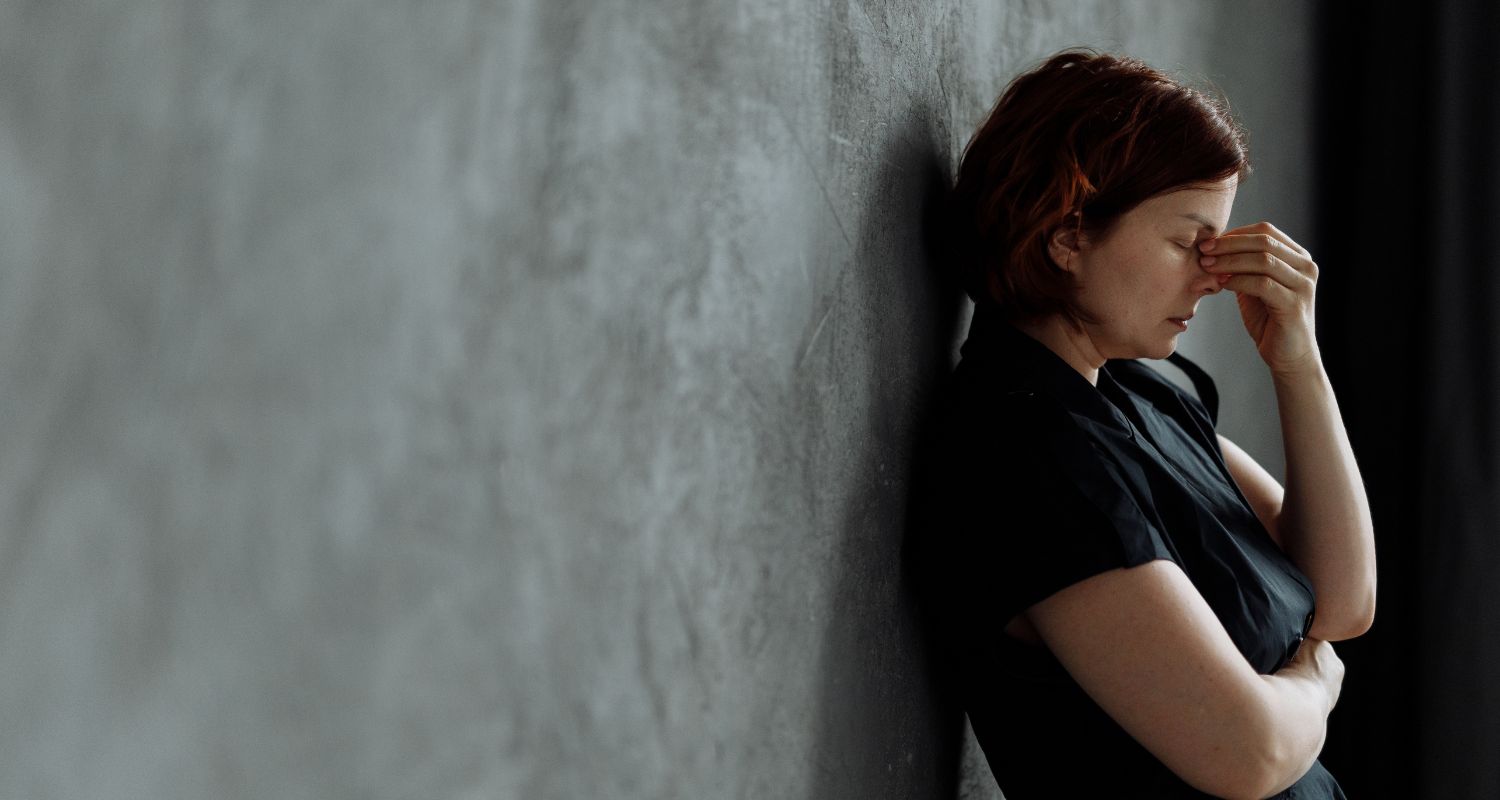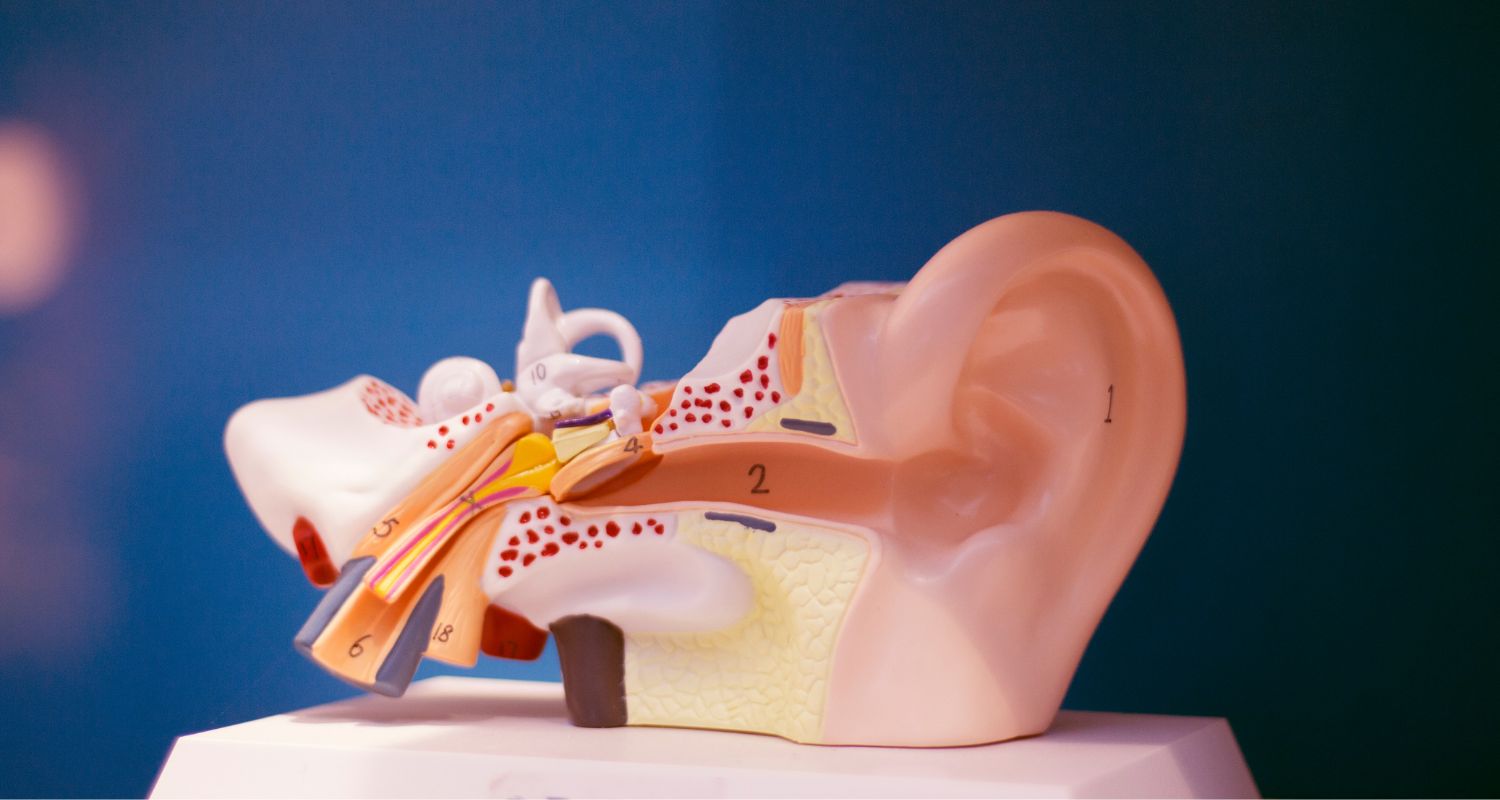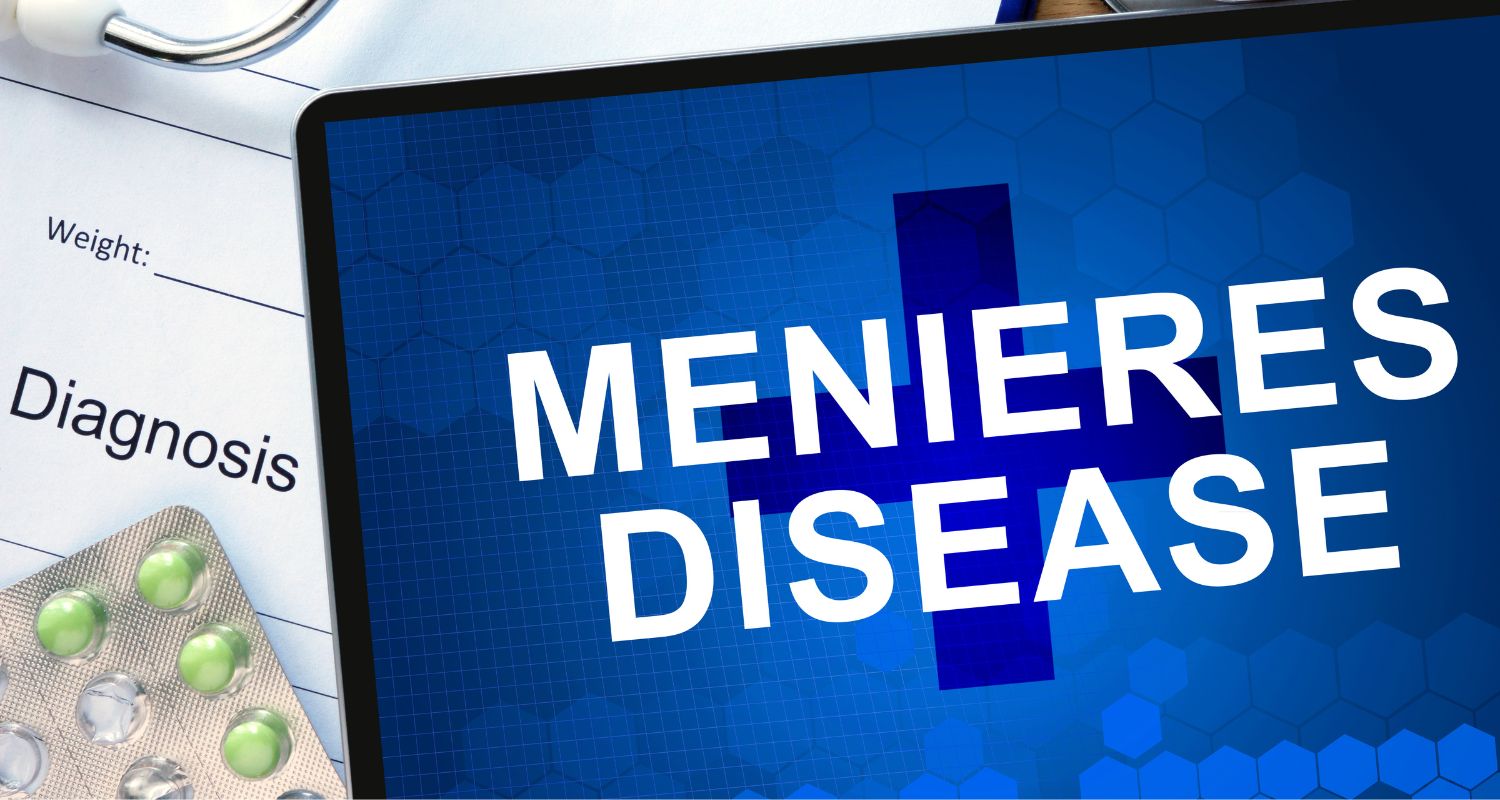Vestibular Migraine. Migraine-Associated Vertigo. MAV. Have you heard these words before? 
If they’re unfamiliar, you’re not alone. Because it’s estimated that approximately 50% of those suffering with migraines go undiagnosed – or are mismanaged in finding treatment or relief. Many choose to self-treat, or are incorrectly treated for sinus or other non-migraine types of headache.
The search for answers can be dizzying. And in this case, it’s not all in the mind. I believe a vast number – may be as high as 40% of migraine patients –have an accompanying vestibular issue that disrupts their balance or creates dizziness at one time or another. Today, migraine is considered one of the most debilitating chronic disorders in the U.S.
So let’s talk about vestibular migraine, what it is exactly, potential triggers, and how to find help. First, let’s define it. Vestibular migraine, also known as Migraine-Associated Vertigo, is a disruption in balance that’s often accompanied by a sense of dizziness or vertigo.
According to the National Headache Foundation, almost 30 million Americans suffer from Vestibular Migraine. It affects more women than men, with most patients first experiencing migraine headaches between the ages of 20 and 40. So those with a history of migraine may experience these.
And yes, Vestibular Migraine can exist alongside more common migraine symptoms, or it can manifest as a symptom by itself. We know that the dizziness is often more disturbing than actual pain. The dizziness can be severe, and can range from floating to spinning sensations. Besides the spatial disorientation, some patients experience heightened sensitivities to light and sound.
Triggers can vary but are believed similar to general migraine triggers. These triggers can include foods and beverage choices; environment changes… like weather changes in barometric pressure; irregular sleep; stress; hormonal fluctuations; and even certain medications.
I mentioned earlier that Vestibular Migraine or Migraine-Associated Vertigo is often missed or misdiagnosed. Diagnosis can be challenging because headache symptoms and balance symptoms may not occur at the same time. But there’s hope, and there’s relief. Our Institute doctors of audiology have vast expertise with Vestibular Migraine. We begin with an evaluation that includes discussing your history. Then we approach it with your comfort first and foremost. Precise, non-invasive, timely on-site diagnostic testing is arranged. If diagnosis is confirmed for Migraine-Associated Vertigo, our doctors will customize an Advanced Vestibular Treatment™ (AVT) protocol designed to reduce, minimize and control how your body and brain reacts to potential triggers.
Your Institute doctor can share vestibular migraine management tips that may help prevent or lessen the effects of an episode. If you’re suffering, we’d love to help. I’d like to share some final food and beverage tips. My thanks to the Vestibular Disorders Association (VEDA) for assembling this list:
Food and Beverage Triggers to Avoid:
- Aged or ripened cheeses, such as Cheddar, Gruyere, Stilton, Brie, Gouda, Romano, Parmesan, Bleu, Feta or Camembert
- Foods containing MSG
- Smoked cured or processed meats: bacon, sausage, ham, salami, bologna, pepperoni
- Foods highly fermented, pickled or marinated, including olives, onions and pickles
- Alcohol
- Sour cream, yogurt and buttermilk
- Doughnuts
- Chocolate, cocoa and carob
- Nuts, including peanut butter
- Figs, avocados, raisins, red plums, papaya, banana and citrus fruit
- High consumption of tea, coffee and colas
Come visit our website, www.dizzziland.com to learn more about how we can help.
Dr. Mango






Leave A Comment